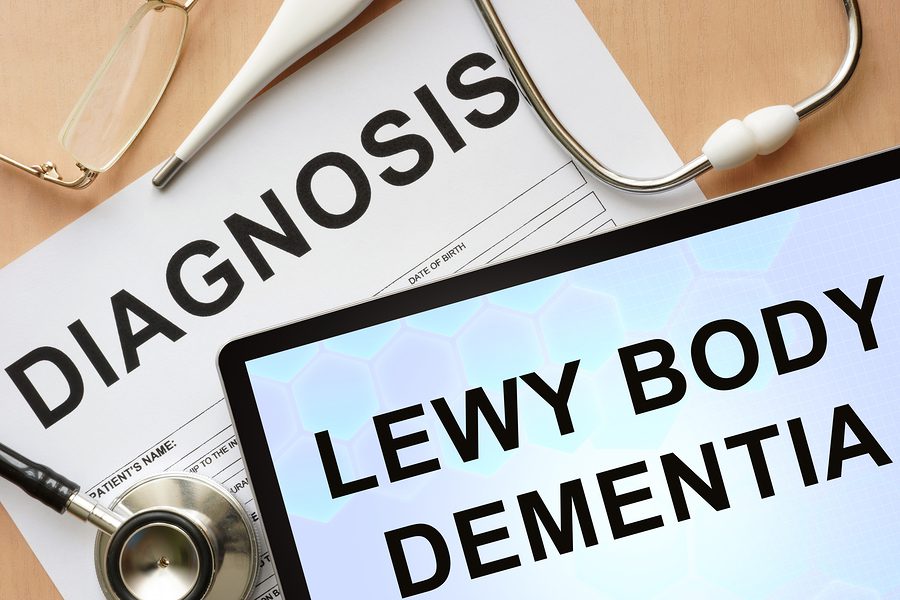Dementia is a disease where the brain condition deteriorates and leads to health issues with behavior, critical thinking skills, and memory. Professional Caregivers are trained to help seniors with Dementia.
There are several different types of dementia. Understanding the similarities and differences helps you understand the senior care services your parent will need as the disease progresses.

Alzheimer’s Disease
Alzheimer’s is the most common type of dementia. It affects almost 5.8 million Americans and that number keeps increasing. Alzheimer’s affects people differently, and that can make it hard to plan for care until symptoms appear.
Some people with Alzheimer’s become exit-seeking and tend to wander away from their homes. They can’t remember how to get back. If a parent is exit-seeking, supervision is important. If you’re sleeping and your parent gets up and goes outside, it’s an issue. Caregivers can help out while you get enough sleep.
An Alzheimer’s patient may develop delusions and become easily agitated. That can lead to panic attacks, rage, and physical attacks. It gets hard to care for a parent who continually hits, slaps, bites, and kicks. Respite care that allows you to take breaks is important to help you manage stress.
Vascular Dementia
Vascular dementia is the second most common type of dementia. It often follows a stroke or mini-stroke where blood flow to the brain has been interrupted. A sudden headache, slurred speech, confusion, issues with balance and walking, and disorientation are common signs.
If vascular dementia is suspected, a healthy diet is important. Your parent should have someone preparing meals that focus on whole grains, fresh vegetables, seafood, and healthy oils like extra virgin olive oil. Exercise is also important. Professional caregivers help with both of these.
Lewy Bodies
One type of dementia occurs when protein deposits build up in the brain. These proteins known as Lewy bodies build up in the cortex and impact decision making, attention spans, memory retention, hallucinations, and a changed gait.
Caregivers can help with mobility. They’re available to help your parent shower and get dressed and to offer support during moments of fear during hallucinations.
Parkinson’s Disease
Parkinson’s affects the nervous system and shares many of the same symptoms as Lewy body dementia. It’s estimated that two percent of American adults over the age of 65 will get this form of dementia. Symptoms may progress slowly at first, but within 10 years, the signs of memory loss and cognitive impairment are present.
What Else Caregivers Help With
No matter which type of dementia is present, your parent shouldn’t be driving. Caregivers help with transportation. They can schedule appointments and make sure your parents get to the office on time. They help with medication reminders, too.
Is it time to talk about senior care? Call an agency and discuss your parent’s dementia symptoms and your concerns. The right senior care plan helps make a difference in both your parent’s and your life.
If you or an aging loved one are considering hiring a Senior Care in Rockland, MA, call the caring staff at Rivers of Hope today at 508-857-0629. Providing Independent, Dependent, and Companion Care Services in Brockton, Boston, Braintree, Avon Randolph, Abington, and the surrounding areas. riversofhopes.com
Sources:




